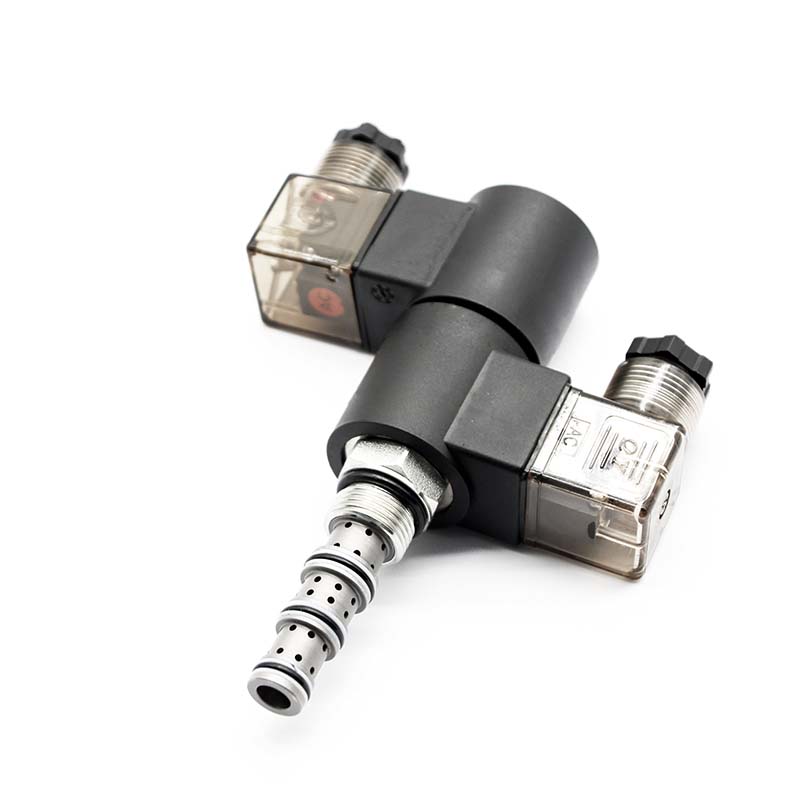The Importance of Picking the Right Hydraulic Valves
The proper selection of hydraulic valves is crucial for the optimal functioning of hydraulic systems. If the valves are not chosen correctly, it can lead to
various issues and affect the overall performance of the system. Here are some considerations to keep in mind when selecting hydraulic valves:
Identify the Valve Function:
Determine the specific function the valve needs to perform in your application. Different valves have different purposes, such as controlling Flow, pressure, direction, proportionality, load holding, or isolation. Understanding the required function will help narrow down the options.
Consider Flow and Pressure Requirements:
Evaluate the flow rate and pressure specifications of your system. Ensure that the selected valve can handle the anticipated flow rates and pressures
without causing any disruptions or failures.
Determine Control Method:
Decide how the valve will be controlled. It can be manual (using levers or knobs), mechanical, hydraulic, pneumatic, or electric (controlled by solenoids).
Consider the most practical and efficient control method for your specific application.
Connection to the System:
Evaluate how the valve will be connected to your hydraulic system. It can be in-line with pipes or hoses or mounted on or within a manifold. Choose the
appropriate connection method based on your system's design and requirements.
Consider Additional Factors:
Take into account other important factors such as the valve's pressure drop, frequency of operation, adjustment range, leakage rate, and required fluid
cleanliness. These factors can significantly impact the valve's performance and compatibility with your system.
Selecting the wrong hydraulic valve can lead to serious consequences, including over pressurization, component damage, reduced performance and
efficiency, cavitation, malfunction, and even machine damage. Therefore, it is crucial to have a comprehensive understanding of your application's
requirements and consult with professionals if needed.
By carefully considering the function, flow and pressure requirements, control method, connection, and additional factors, you can ensure the proper
selection of hydraulic valves for your system. This will contribute to the smooth and efficient operation of your hydraulic system, minimizing the risk of
costly issues and maximizing overall performance.
Saivs brand
- A2FO10~500 Rexroth Hydraulic Pump Parts
- Low Noise Denison T6 Series Vane Pump Hydraulic Pump
- Parker Axial Piston Fixed Motors F11
- Manual Operated Directional Valves MP-08-L
- eaton vickers pvq series straight axle variable displacement pump
- Hand Pump HP-08/10/16
- ordinary hydraulic winch
- PVV-1X series Rexroth Vane Pump
- A2VK SERIES Rexroth Hydraulic Pump Parts
- AZPW series Rexroth Gear Pumps
